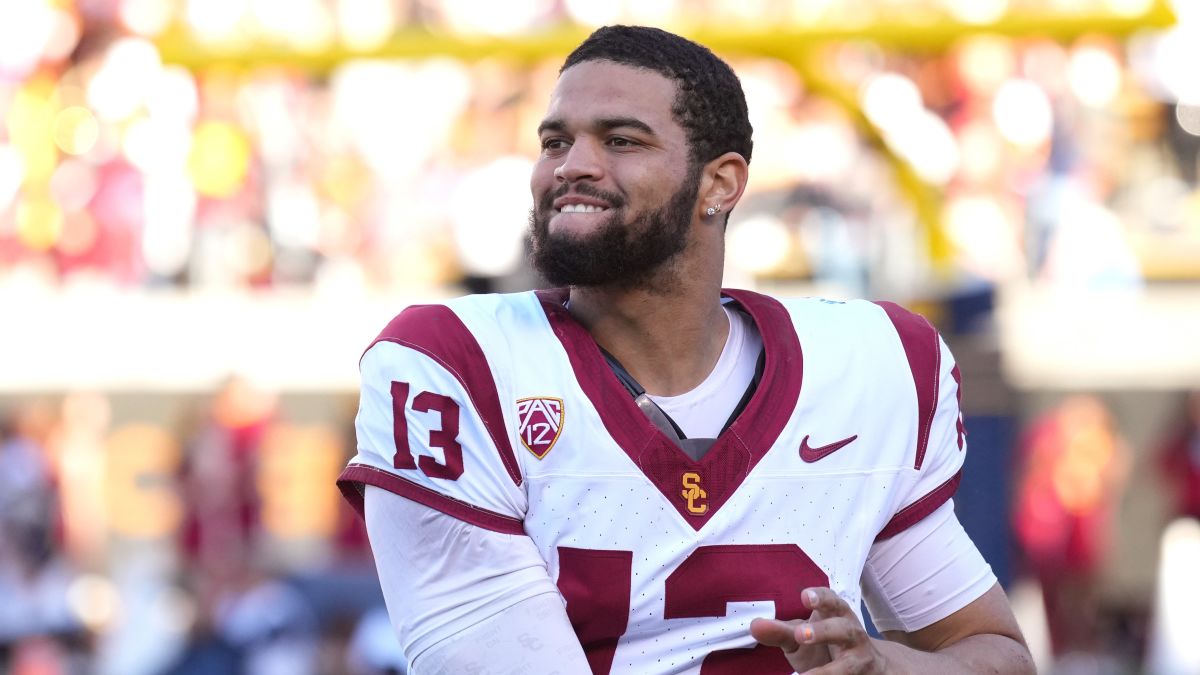The phrase “communication problem” can sometimes be about as bland/vapid/ insipid/foggy a diagnosis as there is. But in the case of the struggling Bears, it may be a serious common thread running through the difficulties that have produced a four-game losing streak from which no one appears to have a clear map out of. Either that, or they do have a map, and just can't seem to find true North.
The communication issue surfaced in the ill-fated missed field goal in the Chargers game. Kicker Eddy Pineiro said afterwards that he’d wanted the football positioned on a hash mark, but evidently that information was never communicated among special-teams staff and on to the head coach so his quarterback could take a knee in a preferred spot.
A smallish incident/example, obviously, but arguably symptomatic of a clogged, overloaded or just poorly functioning communication structure that in fact represents one of the things the Bears actually could fix with a minimum of overall disruption where it matters most: the players. That is, if they chose to change it. Which they aren’t.
Stay in the game with the latest updates on your beloved Chicago sports teams! Sign up here for our All Access Daily newsletter.
Too much on Nagy?
As the offensive implosions continue, one point of focus centers on Nagy, himself. His structure has him as the offensive playcaller as well as the head coach, and occasional questions pertaining to his game management brush up against whether he needs to place playcalling in the hands of Mark Helfrich, his offensive coordinator.
Because he was so immersed in tactical matters of plays in the moment, was he aware that he’d called 56 pass plays vs. seven runs against New Orleans? Was he aware that Tarik Cohen had just one carry and three receptions in the playoff loss to Philadelphia? Or that he was directing his struggling quarterback to run 50 pass plays vs. 15 runs in a one-score, Week 1 loss to Green Bay?
Detroit coach Matt Patricia, formerly Bill Belichick’s defensive coordinator with New England, is ceding the playcalling for the Lions’ struggling defense to coordinator and former Bears defensive line coach Paul Pasqualoni. Lovie Smith left the defensive calls in the hands of his coordinators.
NFL
On the other hand, coaches Sean McVay (Rams), Kyle Shanahan (49ers) and Doug Pederson (Eagles) serve as playcallers for their offenses.
Then again, Marc Trestman handled playcalling for his offense when it was second in the NFL averaging nearly 28 points per game in 2013. The following year, the points per game dropped below 20 as the league clearly caught on to him, and his team disintegrated under and around him.
Nagy continues to evince zero indication that he is considering any change in his role, despite stating Wednesday, “I think when you're just staying put, you're not trying to find answers and you're okay with where you're at right now which no one is. We're not. I'm not.”
Yet Nagy knows from personal experience the possible impact a change could have.
Nagy's mentor and Kansas City head coach Andy Reid turned that portion of gameday management over to Nagy — then Reid’s offensive coordinator — in December 2017, at a point when the Chiefs had lost five of six games and failed to top 17 points in any of the three straight losses.
After Reid, who retained oversight, announced the change, the Chiefs scored no fewer than 26 points in winning five of the final six games of the season behind Nagy’s playcalling (a major resume boost for his head-coaching aspirations). The team then put up 21 points in the first half of a wild-card loss to Tennessee.
Reid in Philadelphia had previously involved offensive coordinators Brad Childress and Marty Mornhinweg as playcallers, and later had Doug Pederson, Reid’s first Kansas City offensive coordinator, script the first 15 plays of games.
Nagy isn’t going there.
“It's not just the players, it is coaching,” Nagy conceded. “But at the same time, for our own team and our own coaches and players, I'm just not going to get into the public side of [playcalling].
“That part of the question, to me, it falls into a rhythm. It's pretty natural, when you go three-and-out five straight times and you don't know your 'why' sometimes. That's the part to where you can say to yourselves, 'Is this something where there needs to be a change, whether it's play-calling, whether it's schematically, whether it's position, etc.'"
Click here to download the new MyTeams App by NBC Sports! Receive comprehensive coverage of the Bears.

